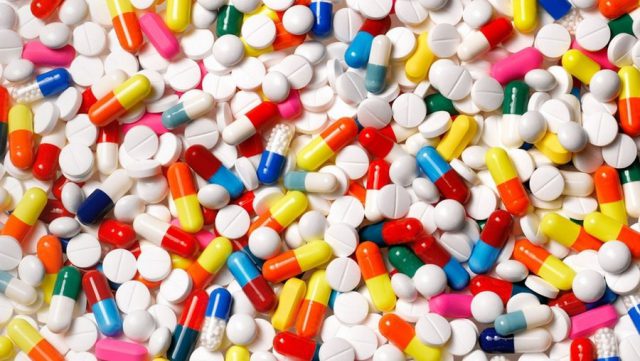Arcview Market Research reports the legal marijuana business topped $7 billion in 2016 and is expected to reach more than $21 billion within 5 years.
But the marijuana ‘craze’ is more than just about revenue or getting high – it’s about medicine.
On the other side of the treatment spectrum, an estimated 26 to 36 million people abuse opioids worldwide, “with an estimated 2.1 million people in the United States suffering from substance use disorders related to prescription opioid pain relievers in 2012 and an estimated 467,000 addicted to heroin” according to the government-funded DrugAbuse.gov.
Increasingly, doctors and caregivers are looking at cannabis as an alternative to highly addictive – and potentially lethal – opioids to manage pain.
A 2016 study by researchers at Johns Hopkins Bloomberg School of Public Health showed that states with legal medical marijuana had 25 percent fewer opioid overdose deaths than states without medical cannabis.
Another study published in Health Affairs the same year found that Medicare funded prescriptions for opioid painkillers such as OxyContin, Vicodin and Percocet dropped substantially in states with medical MJ.
And state health officials are taking notice.
In December, the New York Health Department announced it would soon allow some patients with certain types of chronic pain to use marijuana, as long as they have attempted other therapies.
However, even though the tide of public opinion is shifting, the same can’t be said about that of the medical community: many doctors still refuse to recommend patients try medical cannabis, and not just because the substance remains federally illegal.
“There is no doubt marijuana is much safer than opiates. So we don’t discourage its use,” said Dr. Jane Ballantyne, a pain specialist at the University of Washington and president of Physicians for Responsible Opioid Prescribing. “Non-drug treatments are far more helpful than any drug treatment, and marijuana is a drug.”
